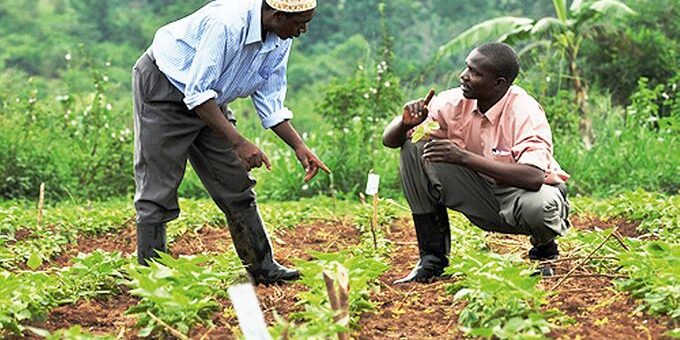Transforming Ghana’s Agricultural Landscape: A Comprehensive Investment Plan for Sustainable Growth and Food Security
The Investing for Food and Jobs (IFJ): An Agenda for Transforming Ghana’s Agriculture (2018-2021) is a strategic initiative developed to actualize the vision of the Government of Ghana as outlined in the Medium-Term National Development Policy Framework (MTNDPF). The IFJ integrates international development frameworks, including the Sustainable Development Goals (SDGs), CAADP-Malabo declaration, and ECOWAP, while addressing challenges identified in previous National Agriculture Investment Plans (NAIPs).
Objectives and Focus Areas
The IFJ aims to enhance public investment and leverage private investments across three main categories:
- Developing Critical Infrastructure: Modernizing the agri-food system.
- Building Systems: Establishing public and private sector systems to achieve desired outcomes.
- Direct Transfers: Providing financial support to farmers and value chain actors.
The plan outlines seven key agricultural policy objectives:
- Promote a demand-driven approach to agricultural development.
- Ensure improved public investment.
- Enhance production efficiency and yield.
- Improve post-harvest management.
- Foster the application of science, technology, and innovation.
- Encourage agriculture as a viable business for youth.
- Support livestock and poultry development for food security.
Nutrition and Food Security Initiatives
To combat hunger and food insecurity, the IFJ proposes a nutrition-sensitive agriculture program that includes food fortification, dietary diversity promotion, and improved livestock production. It also emphasizes food quality through certification processes and sanitary measures.
Sustainable Agricultural Practices
The plan includes measures under “Crops and Livestock Development” and “Sustainable Management of Land and Environment” to increase productivity through modernization while promoting sustainable land practices.
Inclusivity and Resilience
The IFJ addresses cross-cutting issues such as rural poverty and gender equity by promoting secure land tenure and enabling smallholder farmers to integrate into upgraded value chains through technology dissemination, pest management education, and financial support.
Emergency Preparedness
To enhance resilience against disasters, the plan outlines actions for emergency readiness, including pest surveillance, early warning systems, training in disaster preparedness, and rapid response mechanisms.




